1. Fetching Water from a Well or River
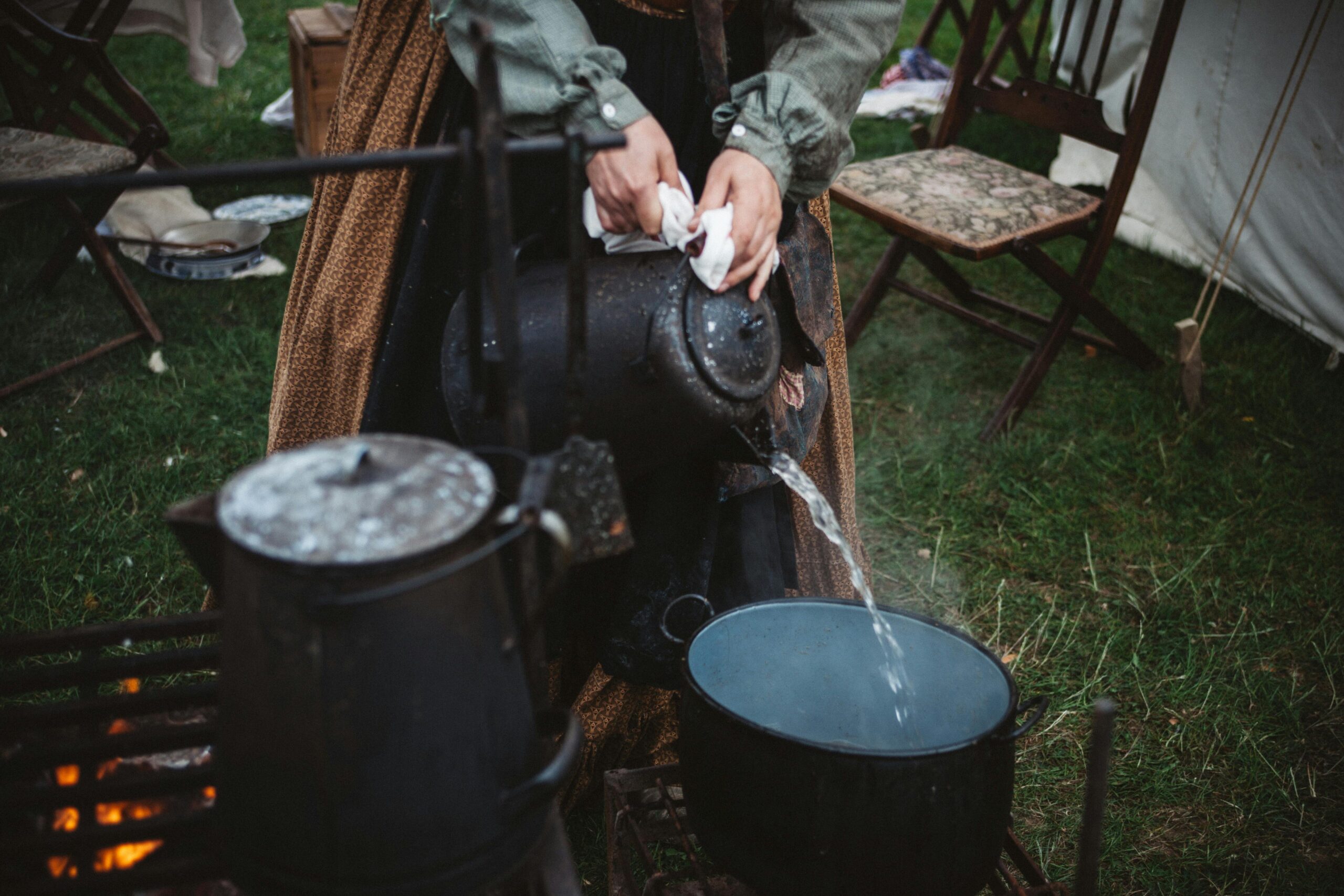
For a lot of us, turning on the tap was never something we thought twice about—but for kids in rural areas of places like Ethiopia, India, and Nepal, fetching water remains a daily task. They often carry large containers, sometimes on their heads, walking miles to and from a water source before school even starts says the New York Times.
It’s hard to imagine doing that before breakfast, let alone every single day. But for many families, it’s simply part of life, and kids learn to help from a young age. Some even turn it into a social moment, chatting or singing with friends along the way. In a strange way, the chore becomes more than just work—it becomes tradition. And while it sounds exhausting, it also teaches resilience and responsibility early on. We might’ve had it easier, but there’s something admirable about how much pride they take in helping their families adds Fatherly.
2. Tending to Livestock
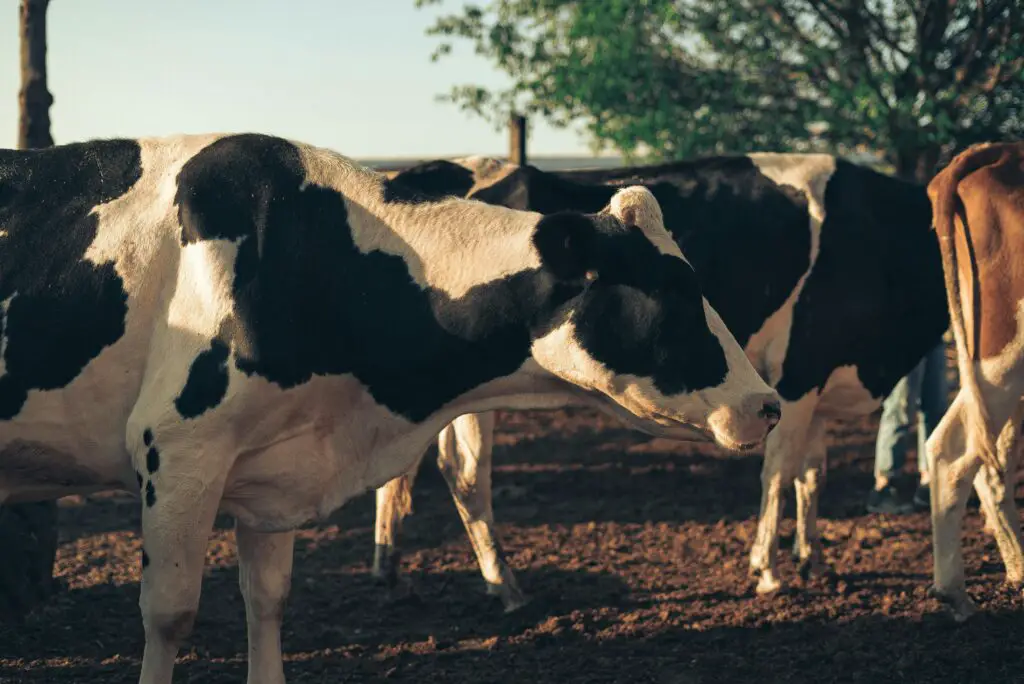
While most of us grew up with pets that required the occasional walk or food bowl refill, kids in countries like Mongolia or Peru grow up feeding, herding, and sometimes even delivering animals like goats, cows, or sheep. It’s not a weekend hobby either—it’s an everyday necessity says NPR.
These kids know their animals by name, understand their moods, and can spot if something’s off faster than some adults. There’s an incredible bond that forms, but also a real sense of pressure to do it right. If they forget to close a gate or miss feeding time, it’s not just a mistake—it affects the family’s livelihood. Watching over livestock teaches patience, alertness, and a connection to nature most of us never experienced. It’s tiring, often dirty work, but it’s respected and valued. And honestly, it makes walking a dog look like a walk in the park—literally explains the Guardian.
3. Sweeping the Yard
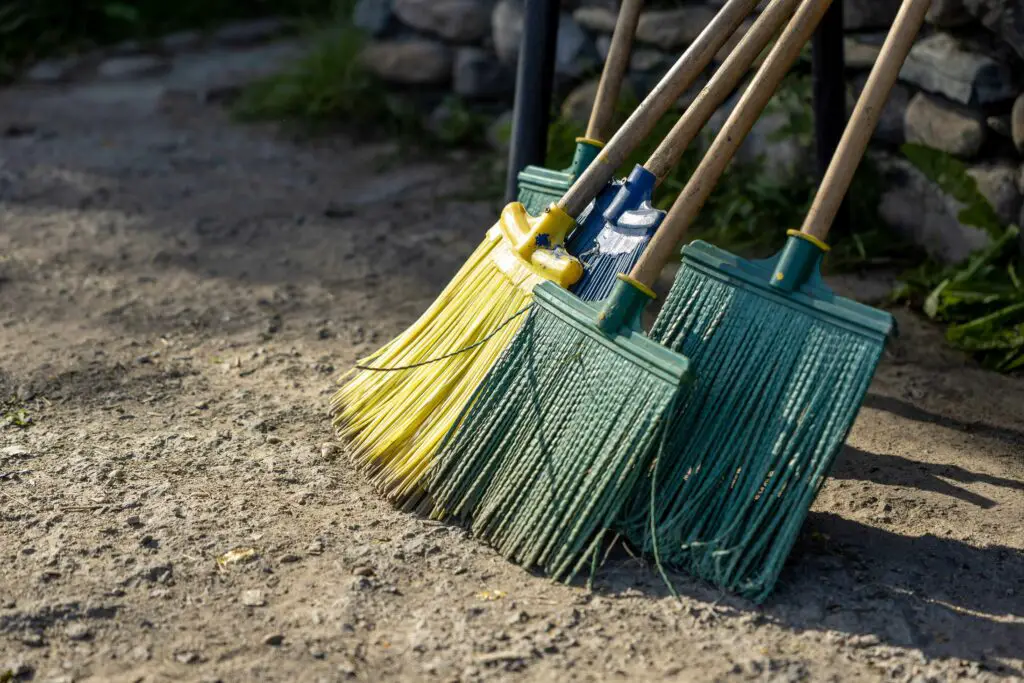
When we think of sweeping, we probably picture a kitchen floor. But in countries like the Philippines or Kenya, sweeping the yard with handmade brooms is an expected daily ritual for kids. It’s about tidiness, yes, but also about keeping insects and snakes at bay.
The brooms are made from stiff grass or coconut leaves, and using them is more physical than it looks. Kids get up early to do it, and it’s usually done barefoot, with dust clouds rising around them as they work. Some even turn it into a game—who can clear their patch the fastest or neatest? It sounds simple, but it’s part of a larger rhythm of family life, passed down from parent to child. And while we might’ve had to rake leaves once in a while, these kids are out there every morning without being asked twice.
4. Cooking for the Family

It might sound wild to hand over the stove to a 10-year-old, but in parts of Bangladesh, Bolivia, and rural China, kids are expected to start helping in the kitchen as soon as they can safely hold a ladle. We’re not talking about stirring cookie dough either—they’re making real meals.
From chopping vegetables with sharp knives to cooking over open flames, these kids quickly become little chefs out of necessity. For many families, older siblings prepare meals while the parents work, and the responsibility is taken seriously. It’s not uncommon for a 12-year-old to handle breakfast, lunch, and dinner on a school day. There’s pride in it too—when a younger sibling compliments their cooking, it means something. And unlike our boxed mac and cheese days, they’re learning from recipes passed down through generations.
5. Walking Younger Siblings to School

While we might’ve had a school bus or carpool setup, many kids across Latin America, Southeast Asia, and parts of Africa walk their siblings to and from school each day. Sometimes it’s a few blocks, but in rural areas, the walk can take over an hour.
There’s no crossing guard, no GPS, and often no sidewalk, but older siblings take the job seriously. They hold hands, carry backpacks, and keep an eye out for everything from traffic to stray dogs. It’s not just about getting there safely—it’s about looking out for one another. Some kids even skip school themselves if a younger sibling is sick or needs extra care. It’s a responsibility that builds trust and maturity fast. And while it might feel unfair, there’s a quiet dignity in how naturally they step into that role.
6. Selling Goods at the Market

In places like Nigeria, Vietnam, and Guatemala, it’s not uncommon to see kids at bustling markets helping their parents sell produce, handmade crafts, or even snacks. They’re not just sitting around either—they’re making change, bagging items, and pitching their goods with a confidence that rivals seasoned salespeople.
These markets can be chaotic and loud, but kids learn to navigate them like pros. They memorize prices, haggle respectfully, and sometimes even out-sell the adults. It’s not play—it’s contribution. Helping out like this is often how the family makes ends meet, and kids know how important their role is. While we had lemonade stands for fun, these kids are running real mini businesses. And they do it all with a maturity that feels way beyond their years.
7. Washing Clothes by Hand
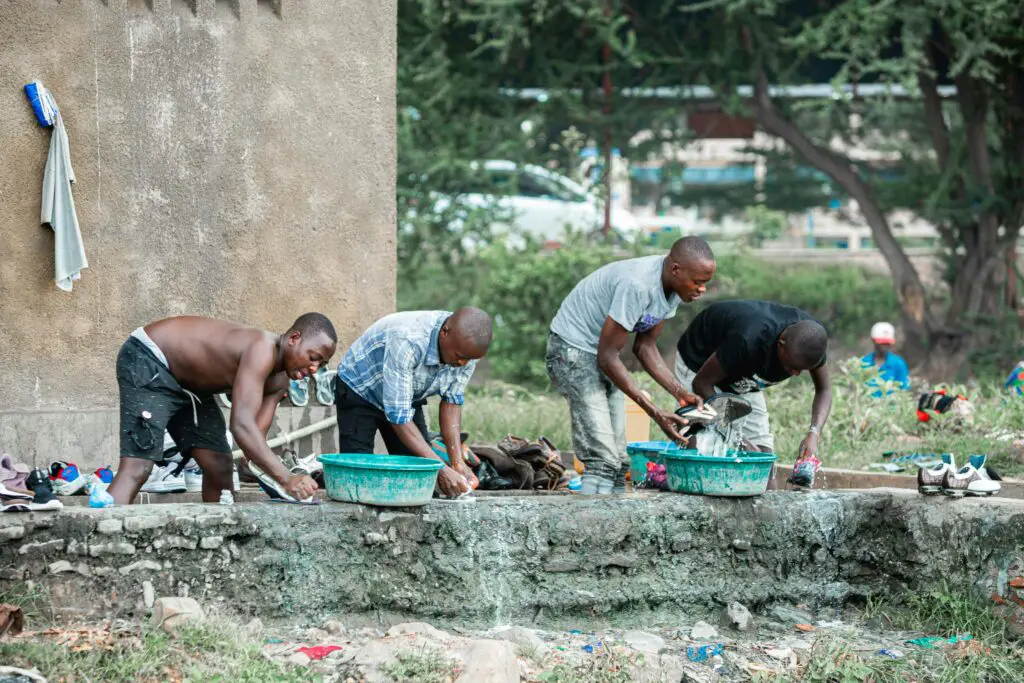
Before washers and dryers, even we had to do the occasional hand wash—but for kids in parts of Sri Lanka, Haiti, and Cambodia, washing clothes by hand is still the norm. And it’s not just a few socks—they’re scrubbing full loads for the whole family.
They haul water, scrub each piece on rough stones or plastic boards, rinse everything clean, then wring and hang it to dry in the sun. It’s a full-body workout, usually done beside rivers, wells, or buckets in courtyards. There’s a rhythm to it, and kids learn quickly how to get clothes truly clean. Sometimes they make it fun, splashing and singing while they work. But at the end of the day, it’s still a chore, and one that takes a good chunk of time. Most of us wouldn’t even know where to begin.
8. Harvesting Crops
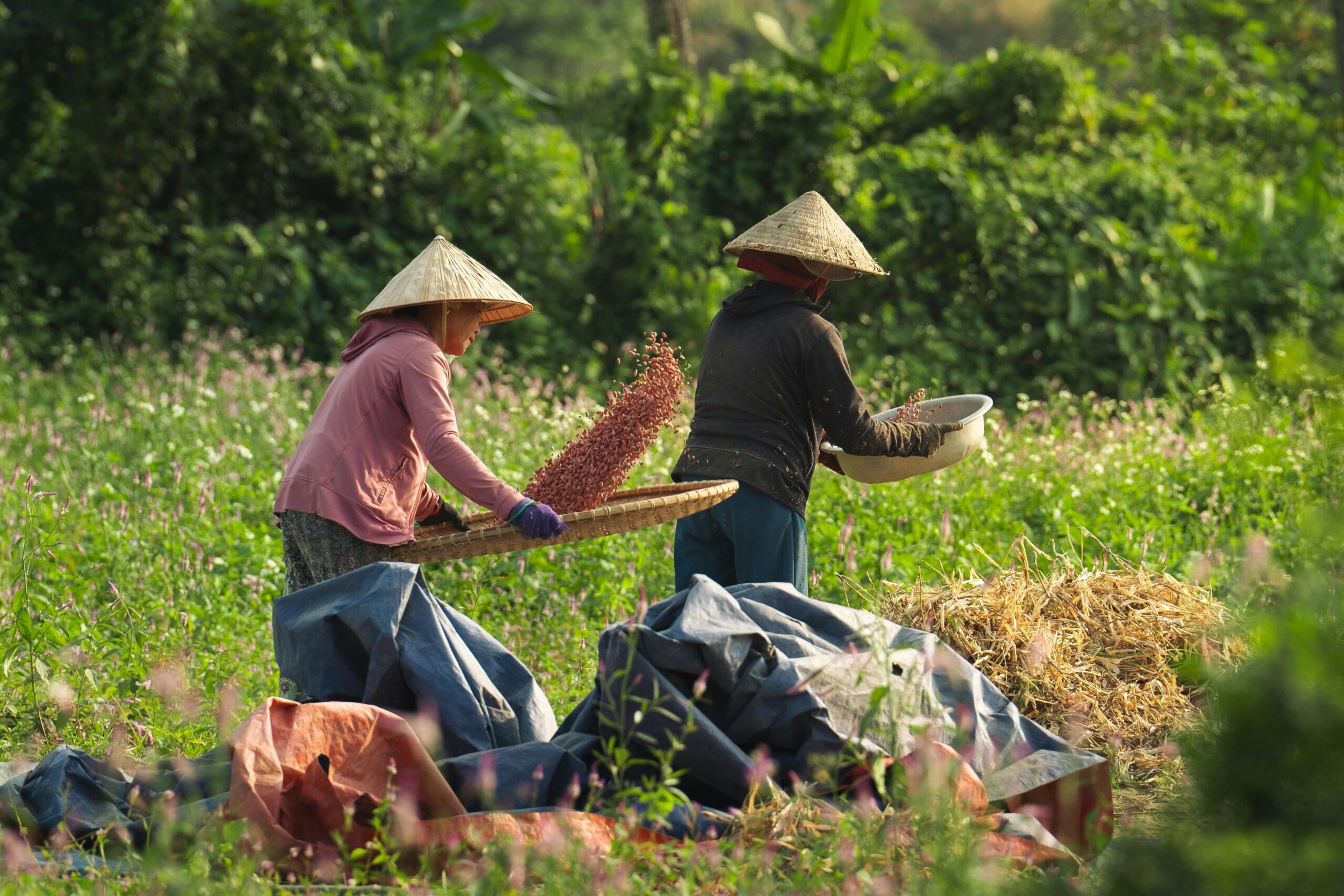
In agricultural regions like Thailand, Uganda, or Mexico, kids are right there in the fields during harvest season. They pick fruits and vegetables, sort them, and sometimes even help load them for transport.
It’s sweaty, repetitive, and sun-soaked work, but it’s essential for the family’s survival. These kids know how to tell when a tomato’s ripe, how to avoid thorns while picking berries, and how to work quickly without bruising the crops. They may only work a few hours before school or on weekends, but every hand matters. It’s not child labor in the negative sense—it’s a form of contribution and learning. For them, it’s normal. And it’s a reminder that not every childhood is filled with idle time and screen breaks.
9. Chopping Firewood
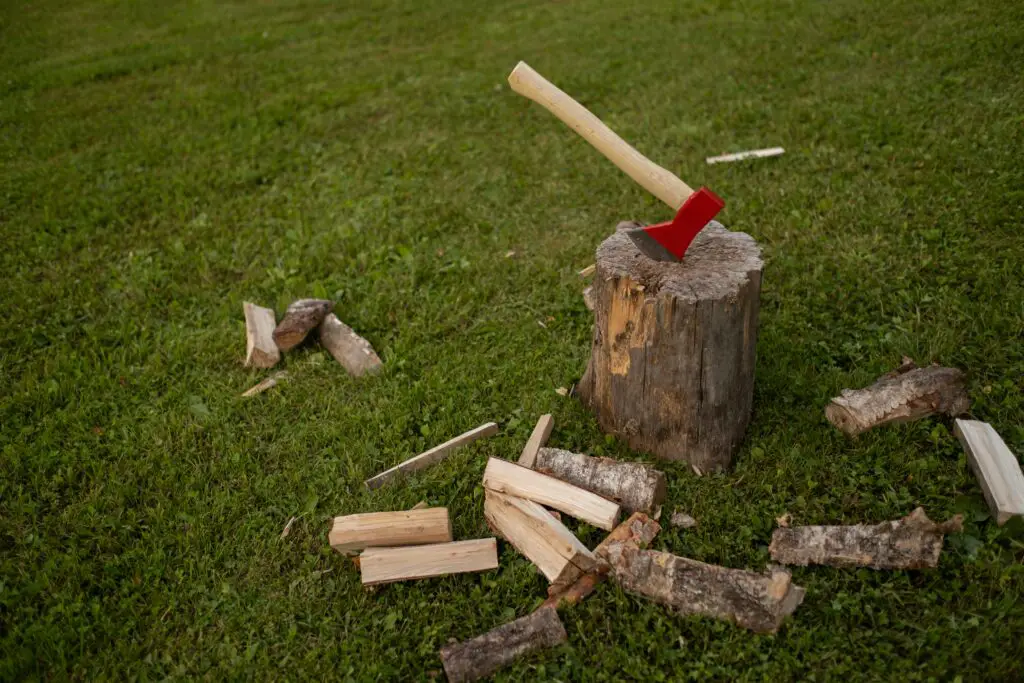
If you’ve ever had to split wood for a camping trip, you know it’s not easy. But in parts of Eastern Europe, South America, and rural Asia, kids grow up learning how to chop firewood safely and efficiently.
It’s usually for cooking or heating the home, especially in colder regions. They learn how to handle an axe or machete under the watchful eye of an adult, starting with smaller kindling before moving on to larger logs. There’s a method to stacking, too—keeping it dry and ready for the season. While we may have just pressed a button on the thermostat, these kids were actively preparing for winter. It’s physical work, but it teaches patience, care, and a sense of preparedness. Not to mention, it’s a serious arm workout.
10. Grinding Grains by Hand
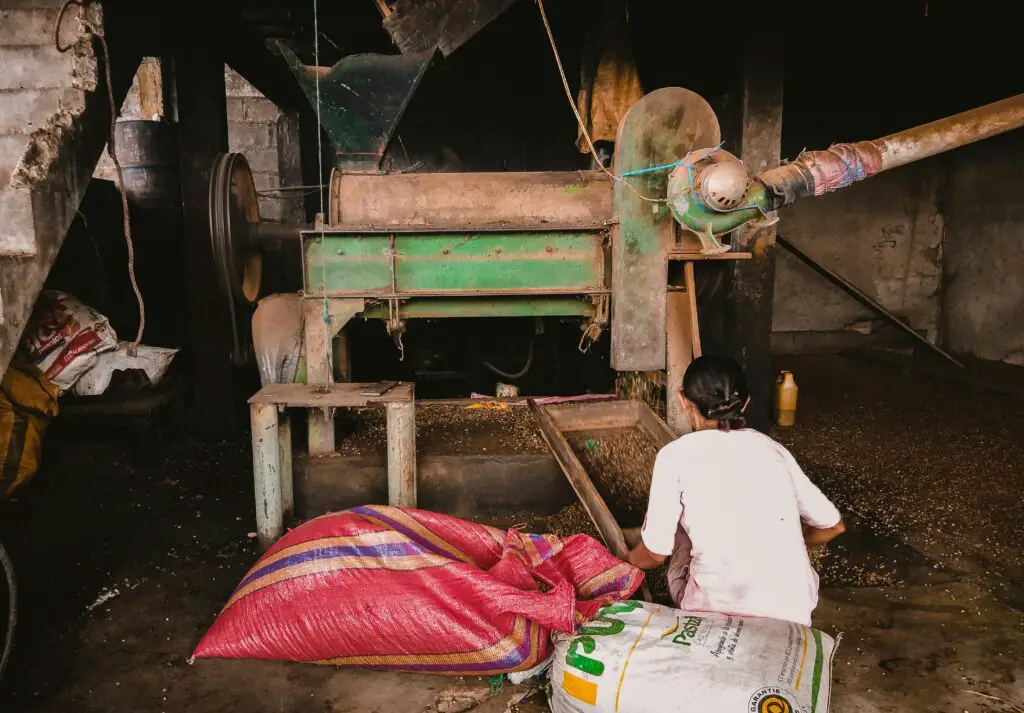
For kids in countries like Ethiopia, Malawi, and Afghanistan, preparing flour isn’t as simple as opening a bag—it starts with grinding grains using a stone grinder or mortar and pestle. It’s dusty, repetitive, and takes a lot of strength.
They often sit with other family members and take turns, chatting while they work to pass the time. It’s one of those chores where tradition meets necessity—some families have used the same grinder for generations. Kids learn not just the technique, but the rhythm that helps the process move faster. There’s something almost meditative about it, but it’s still hard work. And it’s all done so someone can eventually bake fresh bread or make porridge. Kind of puts our complaints about kneading dough into perspective.
11. Making Beds for the Whole Family
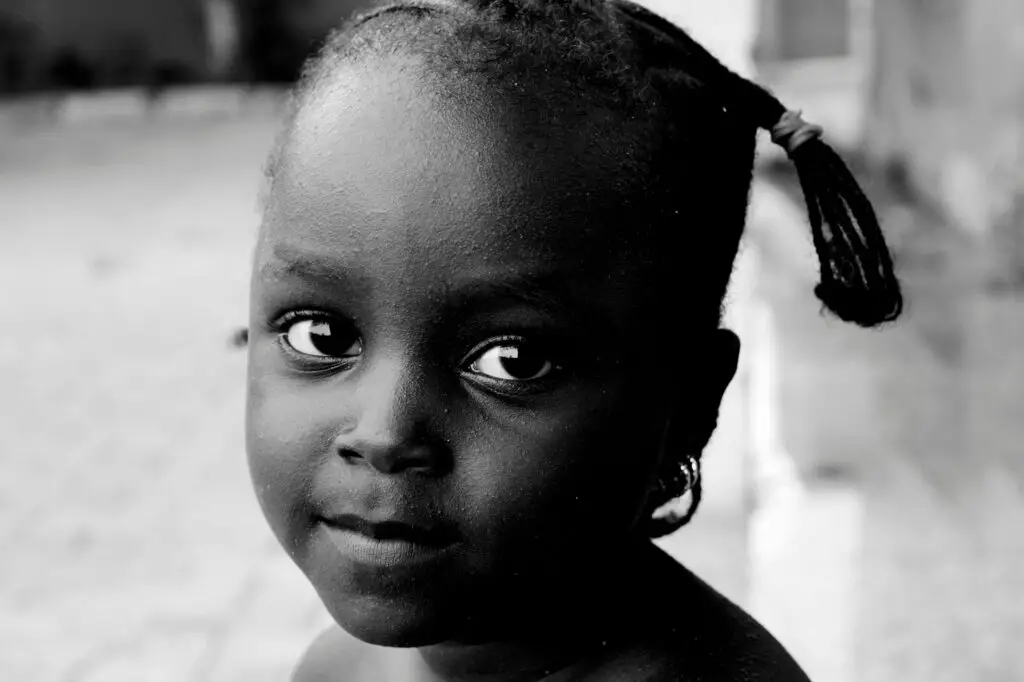
While we were often nagged to make our own beds (and didn’t always listen), kids in countries like Indonesia, Pakistan, or Syria are expected to straighten up everyone’s sleeping area in the morning—sometimes rolling up mats, folding blankets, or setting up sleeping pads for storage.
It might sound small, but in tight living spaces, keeping things organized is essential. These kids know how to fold sheets tight and make sure nothing is left lying around. It’s a way to start the day with order and care for the household. And in many cases, it’s done before breakfast, without a reminder. It’s not framed as a punishment—it’s just part of growing up. And they do it with surprising pride.
12. Collecting Firewood or Dung for Fuel
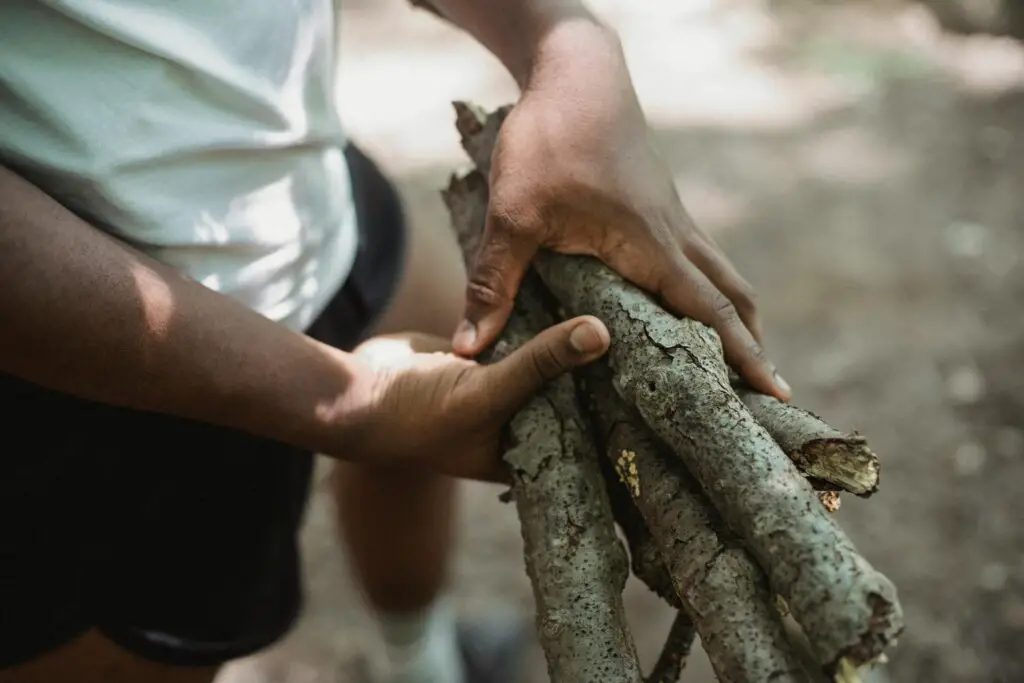
This might be one of the more surprising ones, but in parts of India, Nepal, and parts of sub-Saharan Africa, kids still collect firewood or dried animal dung to use as fuel for cooking. It’s a chore that’s not only necessary, but requires a good sense of what burns well and what doesn’t.
Kids walk long distances to find usable fuel, gathering it in bundles and carrying it home on their backs or heads. It’s dusty, sweaty work, and often done under a hot sun. Yet, they treat it like just another part of life. Sometimes, they even sing on the way home, balancing heavy loads with incredible grace. It’s easy to take our electric stoves and gas grills for granted when you think about it. These kids grow up with a hands-on relationship to the resources their family depends on.
13. Helping Build or Repair the House
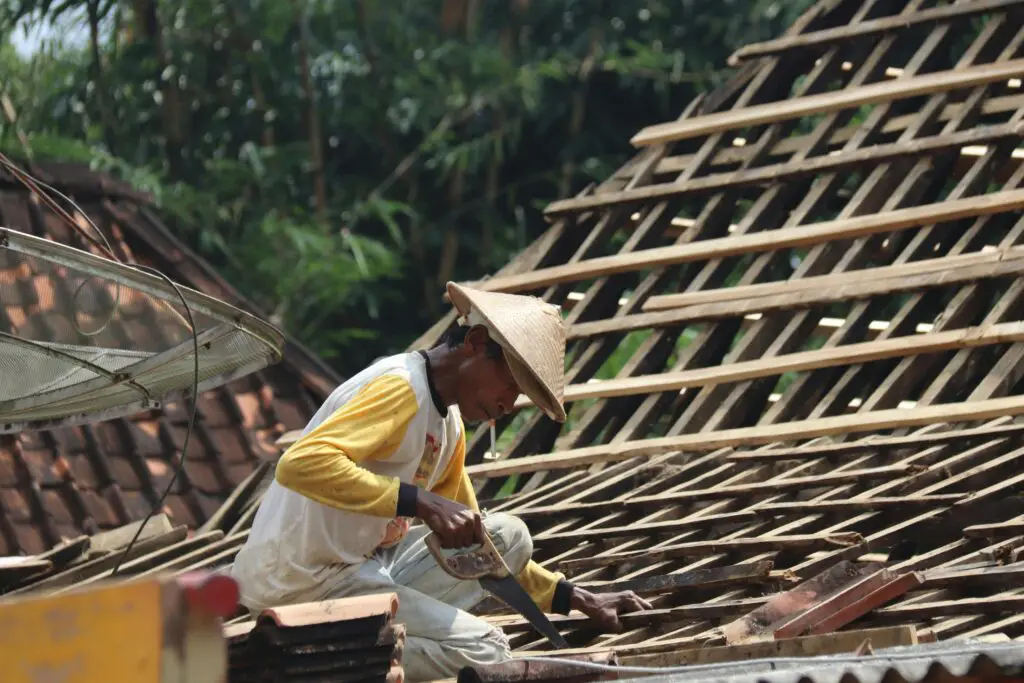
In places like rural Indonesia, parts of Central America, and even some areas of the Middle East, kids lend a hand in home construction and repairs. They might mix cement, carry bricks, or help patch up walls with mud.
It’s not just play—they’re trusted with real tasks and tools, taught by parents or neighbors who pass on skills with every project. There’s a sense of pride that comes from saying, “I helped build this.” And it gives kids a deep sense of ownership and belonging. Instead of being told to “go play outside,” they’re asked to pitch in—and they do. Sure, it’s hard work, but the skills they learn are useful for life. Not many of us could say the same when we were ten.
